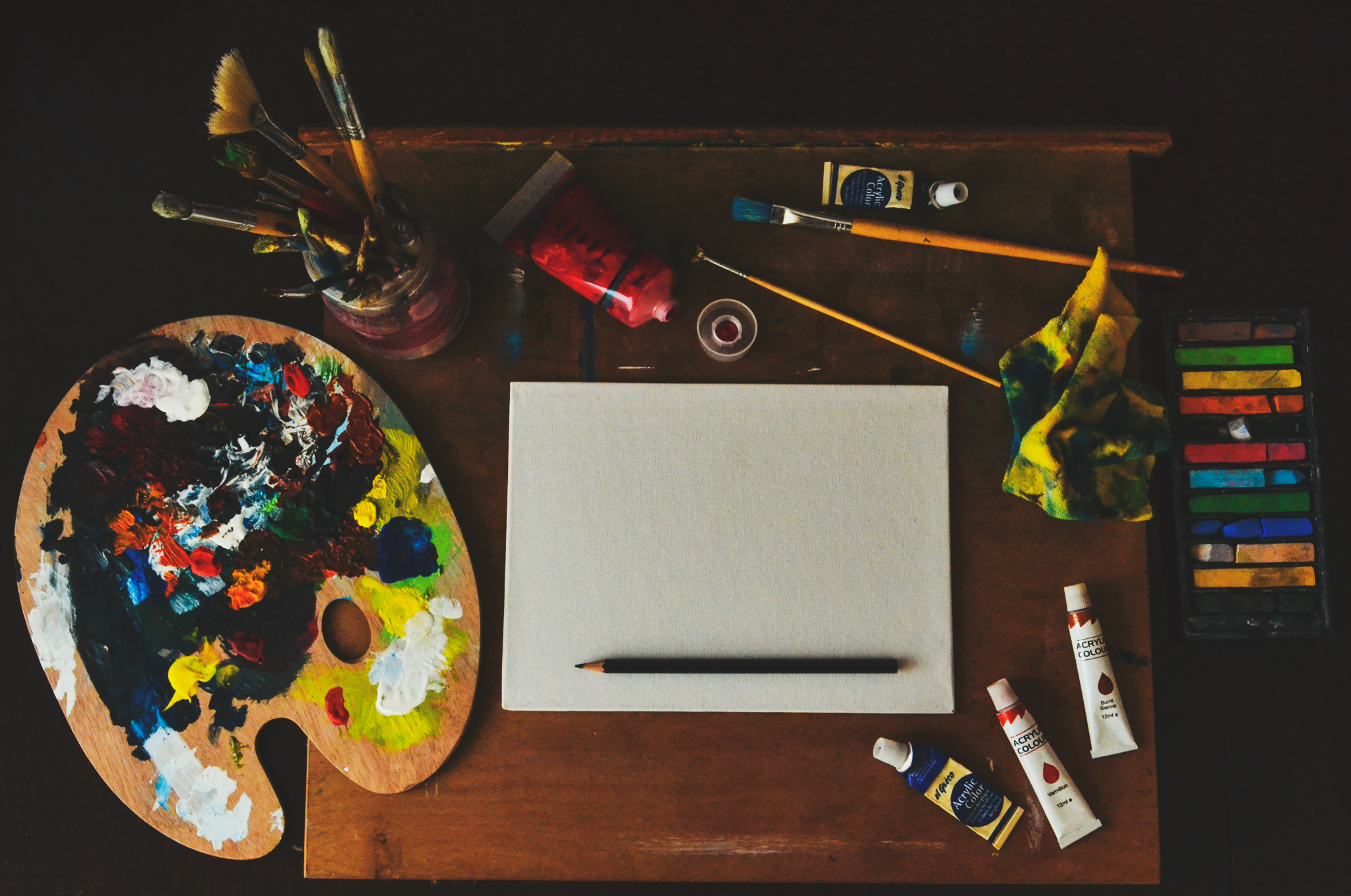Post-traumatic stress disorder (PTSD) is a condition that affects those who have witnessed or gone through disturbing events. It is especially common among war veterans, given the distressing nature of their jobs and the horrific events they have had to live through. However, this isn’t the only type of experience that can lead one to develop PTSD. The condition could also be a natural response to other troubling experiences, such as abuse or health-related dilemmas.
In fact, illness-induced PTSD is more common than one might think, as it has been found to occur in 12-25% of people who have gone through a life-threatening medical event. It can also manifest in many forms. Many survivors of serious illnesses, for instance, tend to be anxious and fear that their diseases might return or get worse. Despite this, MD Edge notes that this particular area is vastly under-studied.
While the most common treatments for PTSD involve medication or traditional therapy, trauma symptoms can greatly vary. Thus, depending on a patient’s experiences, there are several alternative options to explore that might be more appropriate and just as beneficial.
Mindfullness
Mindfulness is defined as a state wherein the individual is able to maintain complete awareness of his or her body, environment, and thoughts. It is typically associated with meditation, since both require the patient to practice staying in the present. Researchers from the University of Michigan Medical School studied the impact of mindfulness on veterans who went through mindfulness training. The results confirmed that there were indeed positive changes in brain activity afterwards, on top of their noticeably more relaxed state.
Get a Pet
For many, pets are truly amazing creatures that can instantly turn your day around, but Frontiers in Psychology found that they are proven to help people cope with disruptive symptoms of PTSD. With training, they can be taught to recognize chemical changes in the body and prevent the onset of symptoms like nightmares and night sweats. They can also help manage a patient’s depression and anxiety.
Acupuncture
Acupuncture isn’t just for your next spa day. This ancient Chinese method has recently been hailed as a promising alternative treatment for PTSD, as discussed in detail by Dr. Bruce Rachum. Not only is it proven to be safe and cost-effective, but patients who have undergone the treatment have also reported a significant reduction in stress levels and anxiety.
Virtual Reality Exposure
One common symptom of PTSD is getting flashbacks of a traumatic event in the patient’s past. Psychology experts at Maryville University explain that this may cause them to purposely avoid anything that reminds them of the experience, which may include certain places, objects, and even people. However, there are actually some benefits to being exposed to these triggers. Virtual Reality Exposure is an innovative version of exposure therapy, which helps patients approach aspects of their trauma with less fear. The end goal of these virtual exposures is desensitization. Compared to the more traditional version, VR Exposure allows the clinician more control of the situation so that the process is more gradual and careful until the memory no longer elicits a reaction.
Art Therapy
Previously here on Mighty Well, Allie Cashel explored how brain stimulation can help combat dark thoughts and emotions. It turns out that a similar method has been gaining popularity as a type of PTSD treatment, and this is art therapy. With the assistance of trained specialists, patients are encouraged to channel their emotions into art, creating tangible outputs such as paintings or sculptures. This practice aims to help them externalize patients’ feelings and give them an outlet, instead of letting these stay bottled up inside. One particular case study featured on the Arts in Psychotherapy journal exhibits the wonders of art therapy as a means to help PTSD patients in overcoming their symptoms and leaving behind their distressing memories using art.

